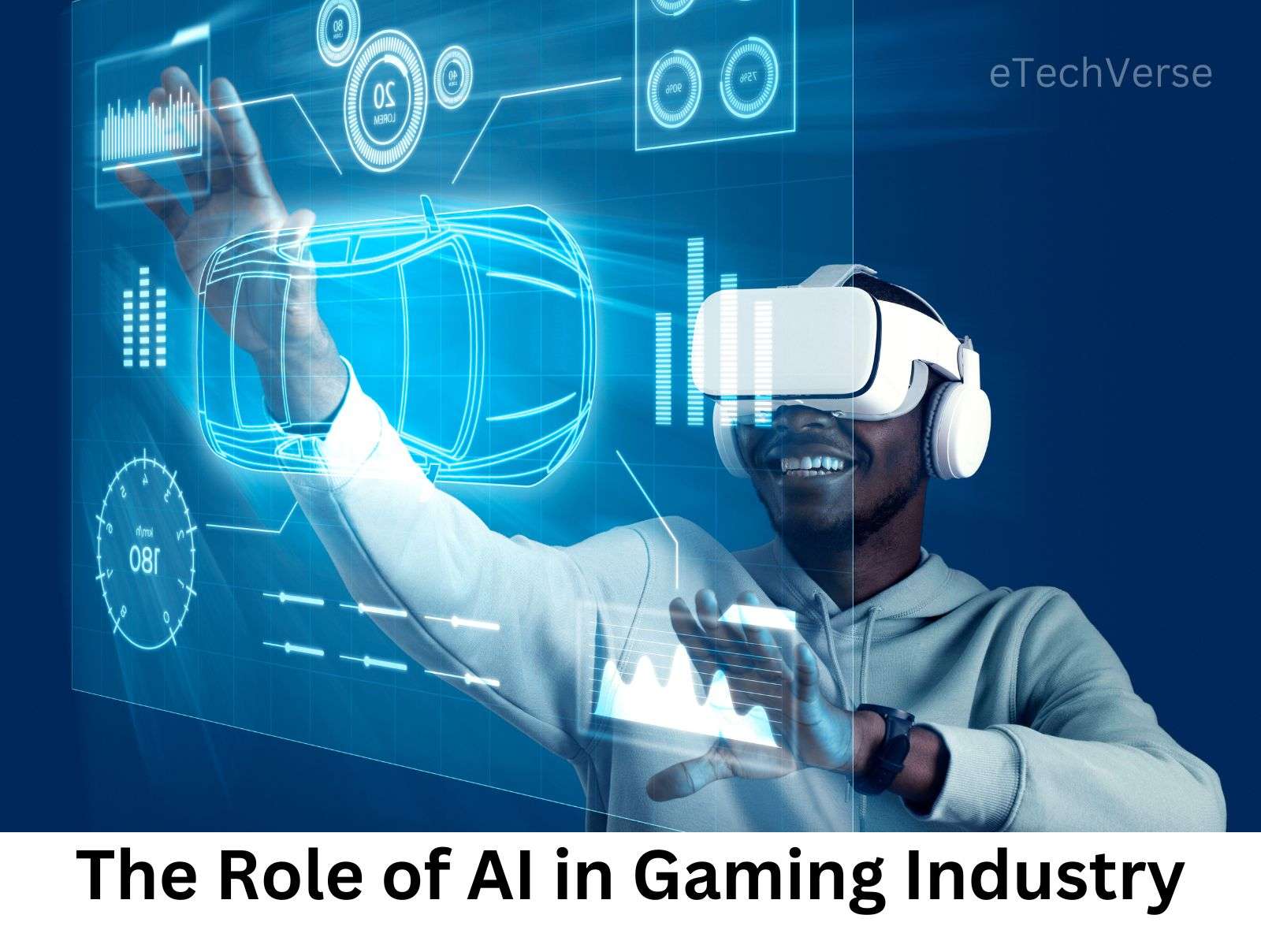Game Monetization: In the fast-paced world of mobile and online gaming, developers are constantly seeking innovative strategies to monetize their games effectively. Artificial Intelligence (AI) has emerged as a game-changer, with 46% of developers already integrating AI into their games. The impact is substantial, with AI-driven models yielding an impressive 20-30% increase in revenue. This article explores the multifaceted role of AI in game monetization, highlighting five key ways it is reshaping the future of gaming.
Dynamic In-Game Ads: Tailoring the Experience
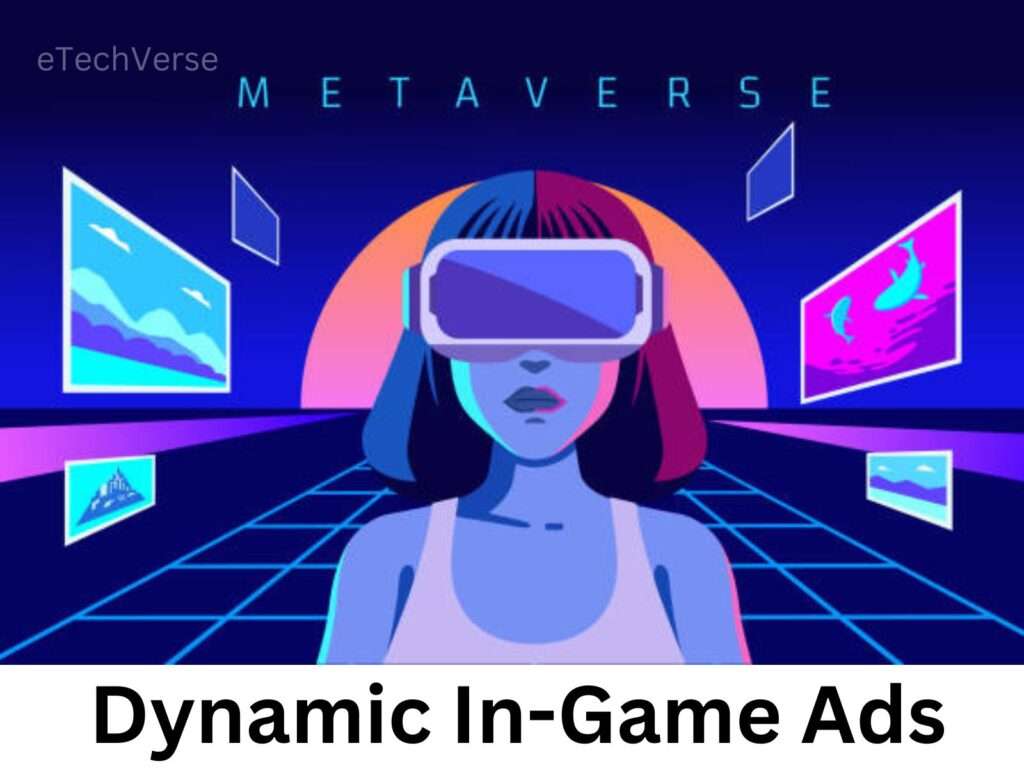
AI-powered dynamic in-game ads are gaining traction as a sophisticated tool for game monetization. These ads go beyond mere visibility; they can identify paying users within a game, adjusting the frequency of ads to ensure an uninterrupted gaming experience. Simultaneously, AI offers users options for in-app purchases (IAP), strategically enhancing the chances of conversion towards IAP.
This approach not only caters to users willing to make payments but also effectively monetizes users with a lower inclination to spend by presenting targeted ads. Moreover, AI’s dynamic pricing model adjusts ad prices based on real-time demand for ad space within a game, optimizing revenue generation from ad placements. The result is a win-win situation for developers and players, creating a more personalized and financially rewarding gaming experience.
Enhanced Customer Support: Round-the-Clock Assistance
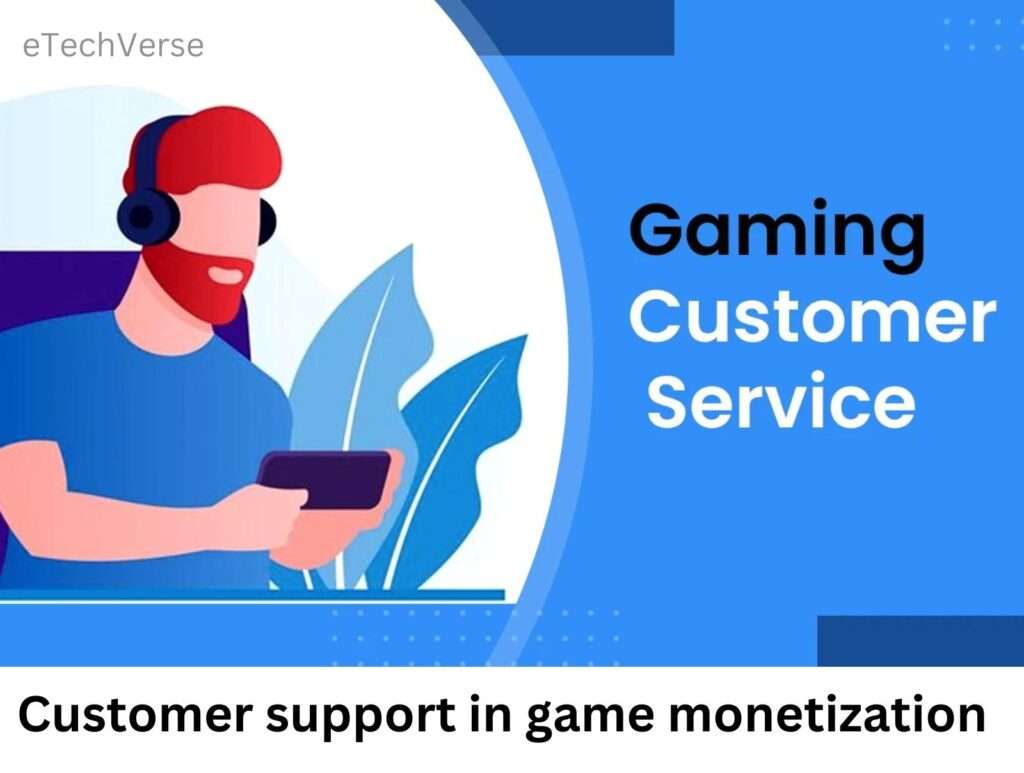
Customer support plays a pivotal role in game monetization by ensuring player satisfaction and driving revenue through various channels. AI has stepped into this arena, providing solutions through chatbots and virtual assistants that offer 24/7 support. This continuous availability not only enhances player satisfaction but also increases monetization opportunities as players remain engaged with the game.
AI-driven customer support goes a step further by providing personalized game content and offers based on players’ histories and preferences. These tailored recommendations not only boost player engagement but also drive additional in-game purchases. The efficiency of AI-powered chatbots shines in quickly resolving common player issues, from payment problems to technical glitches, contributing to an overall smoother gaming experience.
Non-Player Characters (NPCs): Elevating Gameplay and Storytelling
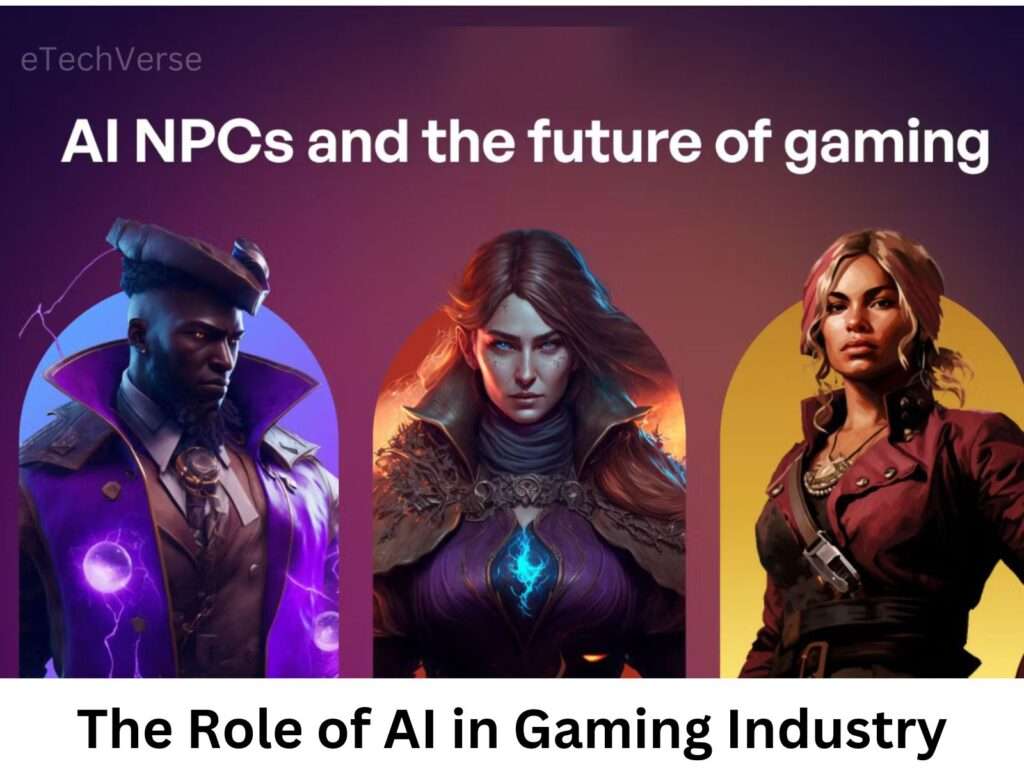
AI’s influence on game monetization extends to the optimization of Non-Player Characters (NPCs). These virtual entities, traditionally playing supporting roles, now take center stage in enhancing gameplay and storytelling. Generative AI (GenAI) has been a notable advancement in this realm, enabling custom dialogue flows for engaging conversations.
The GenAI in Gaming Market is poised for rapid growth, with a projected revenue increase of $7,105 million by 2032, boasting a growth rate of 23.3% annually. Unlike traditional gaming, where decision trees pre-determine player choices, AI-driven NPCs introduce a more dynamic element with personalized interactions. This extends to custom skins and other game accessories, tailoring the gaming experience to individual preferences and significantly contributing to in-game purchases.
In-game purchases are integral to game monetization using AI, with NPCs offering quests, challenges, or opportunities to acquire virtual items, currency, or cosmetic upgrades. These interactions serve as prompts for players to make in-game purchases, enhancing their overall gameplay experience.
Player Sentiment Analysis: Understanding Player Behavior
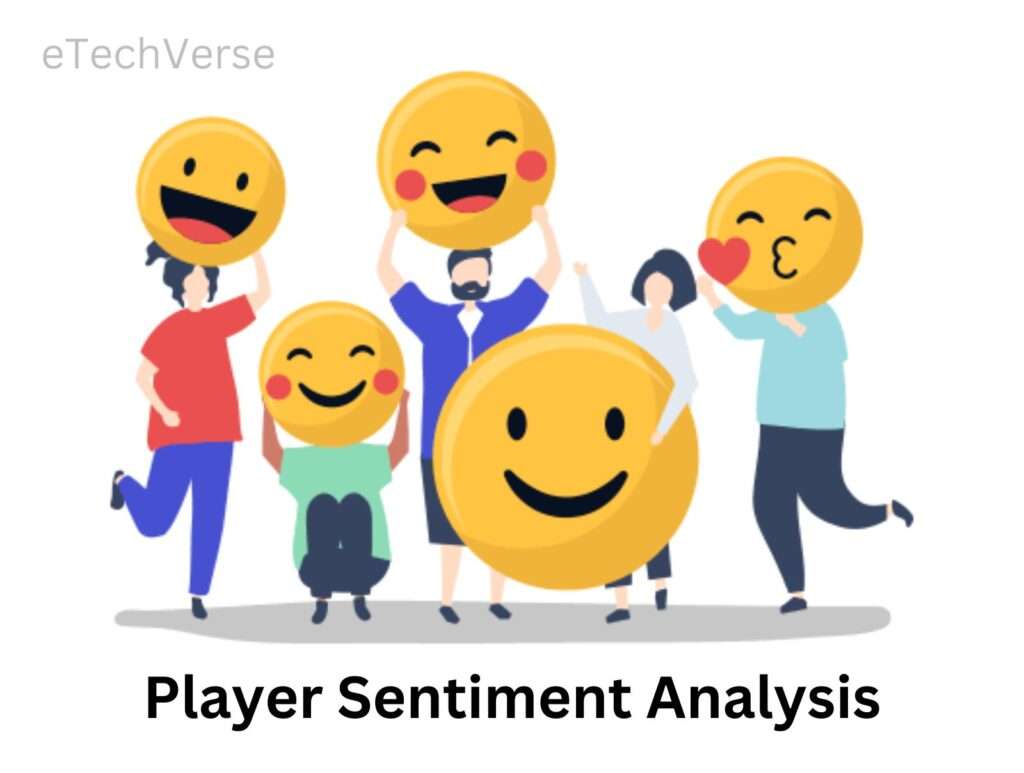
AI’s role in game monetization goes beyond technical optimization; it delves into understanding player behavior through sentiment analysis. By analyzing player sentiments via chat logs, reviews, or in-game interactions, AI discerns player preferences and emotional states. This valuable information feeds into algorithms that control in-game systems.
For example, if sentiment analysis detects player frustration, AI can dynamically adjust game difficulty or provide hints to improve the player experience. This not only keeps players engaged but also makes them more likely to spend on in-game items. AI’s analytical capabilities, coupled with player sentiment insights, lead to better engagement rates and a more immersive gaming experience.
Transformation And Upgradation Of Skills For Developers: Empowering Creativity
AI brings about a profound impact on game monetization by empowering developers with enhanced skills and capabilities. AI-driven testing tools play a crucial role in identifying and rectifying bugs swiftly, reducing development time and costs. This, in turn, allows developers to focus more on creating engaging content and refining their games.
Additionally, AI can conduct multiple versions of A/B tests on games, analyzing results to identify the most effective methods for revenue generation. The continuous evolution of AI ensures that developers can fine-tune their game monetization techniques over time, adapting to changing player preferences and market trends.
As we step into the future of gaming, it is evident that AI-powered game monetization is not a fleeting trend but a transformational force that is here to stay. AI will evolve further to accommodate personalized experiences, dynamic pricing, predictive analytics, and enhanced player engagement, continuing to shape the gaming landscape.
Developers armed with AI-backed tools and strategies will not only create games but entire virtual universes that resonate profoundly with players. This transformative approach promises greater player loyalty and increased revenue streams, turning every challenge and in-game interaction into a potential avenue for revenue generation. The synergy between AI and gaming is set to redefine the industry, creating a more immersive and financially rewarding gaming experience for players and developers alike.
Also Check out : GTA 6 Map Leak Unveils Inclusion of Bermuda Triangle in Upcoming Map
